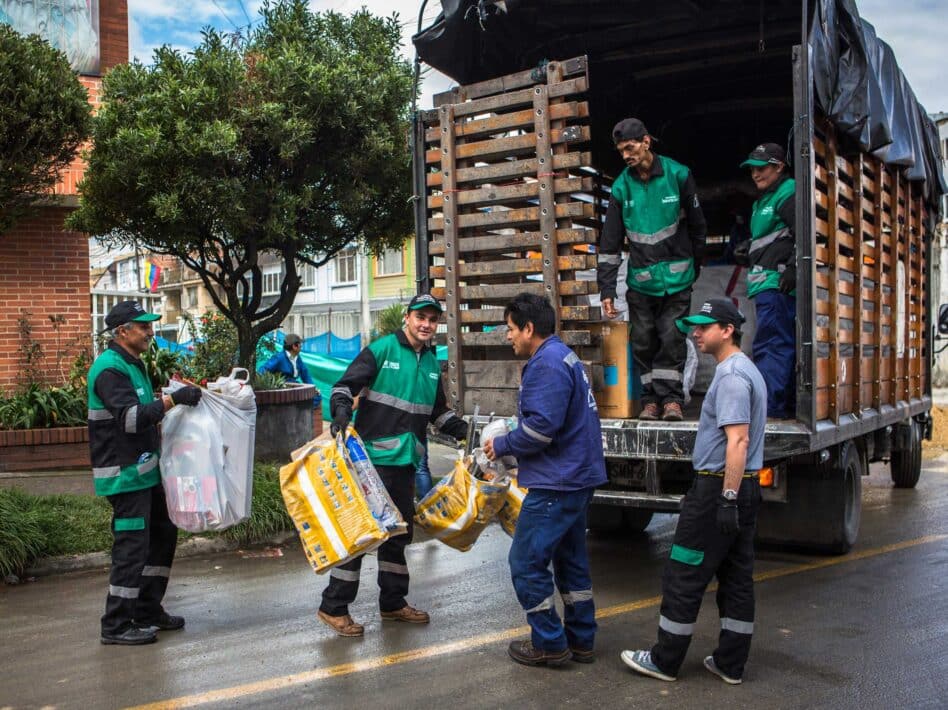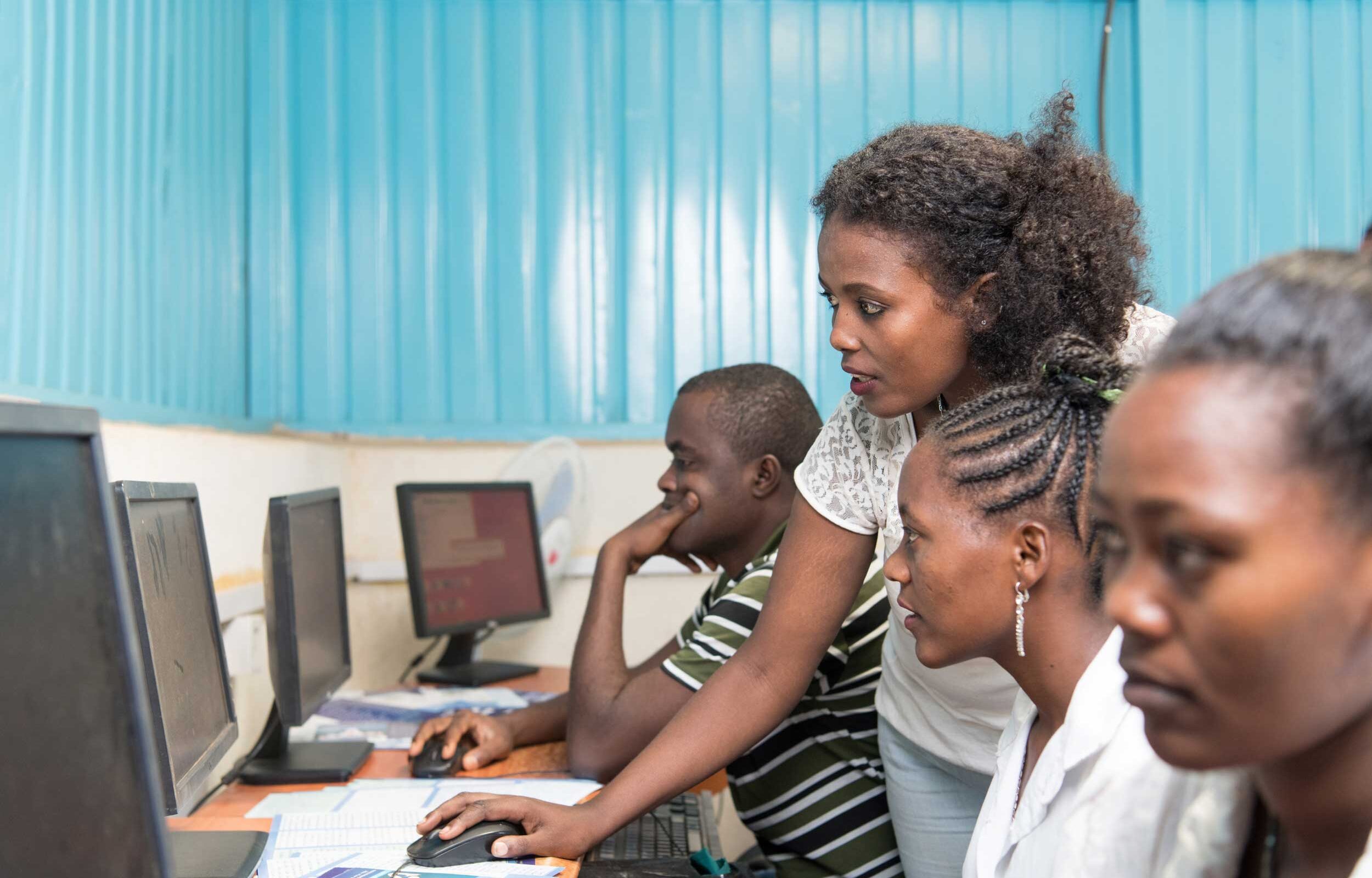61% of the world’s workers are in informal employment. Almost half are self-employed, with many survivalists. Formalization cannot be a one-time fit-all intervention. It must consider context, occupational sectors and status in employment. Progressive formalization must include worker participation in all stages of the process.
Formalization
What is Formalization?Progressive formalization refers to a gradual participatory process to increase workers’ incomes, improve their working conditions, reduce risks and enhance their wellbeing. This is done through the extension of recognition, rights and legal and social protections, and not only of obligations.
How Does Formalization Affect Workers in Informal Employment?All workers should benefit from rights and protections, safe working conditions and participate in decisions affecting their livelihoods. Progressive formalization can be a pathway towards decent work and the enjoyment of rights.
The ILO’s Recommendation 204 (R204) includes rights-oriented principles for the transition to formality. Yet, national formalization strategies place most of the responsibilities and costs on workers and their economic units, without taking into consideration their situation. These workers, particularly women, lack legal and social protections, access to public services, safe workplaces, and representation in social dialogue. They are harassed and criminalized despite the contributions they make to their communities.
Resources Related to Formalization
Discover Our Themes
The following themes represent areas of strategic focus for WIEGO.

